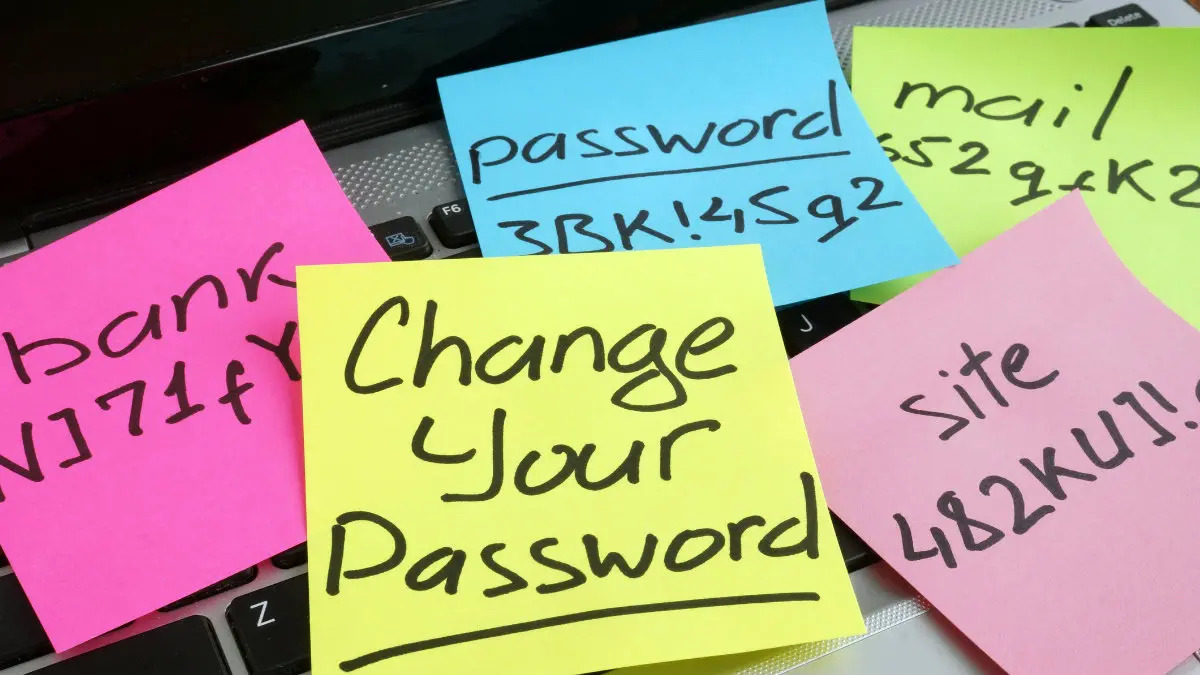

Articles
How To Store Passwords Safely On Paper
Modified: December 7, 2023
Learn how to securely store your passwords on physical paper with this informative and practical guide. Discover the best practices for keeping your sensitive information safe and easily accessible!
(Many of the links in this article redirect to a specific reviewed product. Your purchase of these products through affiliate links helps to generate commission for Storables.com, at no extra cost. Learn more)
Introduction
In today’s digital age, it’s becoming increasingly important to keep our online accounts secure. With multiple passwords to remember for various platforms, it can be challenging to keep them all organized and easily accessible. While many people opt for digital password managers, there is still a classic and secure method that should not be overlooked – storing passwords on paper.
Storing passwords on paper may seem counterintuitive in a world dominated by technology, but it has several benefits that make it worth considering. This article will explore the advantages of using this unconventional method, along with factors to consider before implementing it. We’ll also provide a step-by-step guide on how to store passwords safely on paper and important tips to enhance the security of your paper-based password storage. However, it’s important to acknowledge the risks and limitations associated with this approach and use it accordingly.
Key Takeaways:
- Storing passwords on paper offers offline security, physical control, and ease of access, but requires careful organization and consideration of potential risks and limitations.
- Implementing additional security measures such as encryption, two-factor authentication, and secure storage can enhance the overall security of paper-based password storage. Regular updates and a balanced approach to convenience and protection are crucial.
Read more: How To Organize Passwords On Paper
Benefits of Storing Passwords on Paper
While digital password managers offer convenience, storing passwords on paper has its own set of advantages. Here are some benefits to consider:
- Offline and Independent: Storing passwords on paper eliminates the risk of online breaches or hacks. Unlike digital platforms, which are susceptible to cyberattacks, paper-based storage is offline and independent of any network, making it less vulnerable to hacking attempts.
- No Single Point of Failure: With digital password managers, a single master password often grants access to all stored passwords. If this master password is compromised, it can expose all your accounts. In contrast, paper-based storage does not rely on a single point of failure. Each password is individually written, reducing the potential impact of a security breach.
- Physical Control: When storing passwords on paper, you have full control over the physical copy. You can keep it securely stored in a safe or lockbox, limiting the chances of unauthorized access. This control can provide peace of mind, knowing that you have a tangible backup available.
- Ease of Access: Retrieving passwords from a paper-based system is straightforward and doesn’t require any technical knowledge. It is particularly useful in situations where access to digital devices or the internet is limited. By having a physical copy of your passwords, you can quickly access your accounts whenever needed.
- Simple and Low-Tech: Storing passwords on paper requires no specialized software or technical know-how. It’s a simple and low-tech solution that anyone can adopt, regardless of their technical expertise. You don’t need to worry about software updates, compatibility issues, or app malfunctions.
While the benefits of paper-based password storage are significant, it’s important to consider certain factors before implementing this method. In the next section, we’ll discuss these factors to help you make an informed decision.
Factors to Consider Before Storing Passwords on Paper
While storing passwords on paper has its benefits, it’s essential to consider some factors before adopting this method. Here are a few key considerations:
- Physical Security: The security of your paper-based password storage relies on your ability to keep the physical copy safe. Ensure you have a secure location, such as a locked drawer or safe, to store the paper containing your passwords. This will help protect them from being lost, stolen, or misplaced.
- Organizational Skills: Storing passwords on paper requires good organizational skills. It’s important to develop a system that allows you to quickly locate and identify the passwords you need. Consider using categories or labels to group similar accounts together and make it easier to find the relevant information.
- Regular Updates: Passwords should be regularly updated for enhanced security. With paper-based storage, it’s important to keep up with this practice. Establish a routine to review and update your passwords on a regular basis. Make sure to dispose of old passwords securely to prevent them from falling into the wrong hands.
- Accessibility: Consider the accessibility of your paper-based passwords. While this method may provide ease of access in certain situations, it may not be ideal for remote access or when you need to quickly retrieve a password on the go. In such cases, having a digital backup or utilizing a password manager alongside paper-based storage can be a wise choice.
- Backup Plan: It’s always wise to have a backup plan in case of unforeseen circumstances. Consider making multiple copies of your paper-based passwords and storing them in separate, secure locations. This will ensure that you have a backup available in case the original copy is lost or damaged.
By considering these factors, you can make an informed decision about whether paper-based password storage is suitable for your needs. If you decide to proceed, the next section will provide a step-by-step guide on how to store passwords safely on paper.
Step-by-Step Guide for Storing Passwords Safely on Paper
If you’ve decided to store your passwords on paper, follow these steps to ensure the safe and organized storage of your sensitive information:
- Choose Quality Paper: Start by selecting high-quality paper that will withstand wear and tear. Acid-free paper with a heavier weight is recommended to prevent yellowing and ensure longevity.
- Use a Pen: Write your passwords using a pen with permanent ink. Avoid pencils or erasable pens that can be easily altered or erased.
- Write Neatly and Legibly: Write your passwords neatly and legibly to avoid confusion when referencing them later. Use clear and consistent handwriting that is easy to read.
- Encrypt Your Passwords: To provide an additional layer of security, consider encrypting your passwords using a simple code or cipher. This way, even if someone finds your paper, they won’t be able to understand the passwords without the decryption key.
- Organize and Categorize: Create a system to organize and categorize your passwords. You can use categories such as social media, email, banking, or any other relevant classification. This will make it easier to locate specific passwords when needed.
- Keep Backups: Make multiple copies of your paper-based passwords and store them in different secure locations. This will serve as a backup in case the original copy is lost or damaged. Ensure that each backup is also encrypted or protected to maintain security.
- Dispose of Old Passwords Securely: As you update your passwords, securely dispose of the old ones. Shred or burn them to prevent anyone from retrieving sensitive information.
- Maintain Regular Updates: Frequently review and update your passwords to ensure their security. Set a reminder or schedule regular intervals to change your passwords for added protection.
By following these steps, you can establish a secure and organized system for storing passwords on paper. However, it’s crucial to supplement this method with additional security measures to further enhance the protection of your sensitive information. The next section will provide important tips to help you enhance the security of your paper-based password storage.
Use a password manager to generate and store complex passwords, then write down the master password on paper and store it in a secure location. This way, you only need to remember one password and can keep the rest safely stored.
Tips to Enhance the Security of Paper-Based Password Storage
While storing passwords on paper can be secure, it’s important to implement additional measures to enhance the overall security of your paper-based password storage system. Here are some key tips to consider:
- Use Encryption: As mentioned earlier, consider encrypting your passwords using a simple code or cipher. This will provide an extra layer of security and make it more difficult for unauthorized individuals to decipher your passwords if they come across your paper.
- Utilize Two-Factor Authentication: Consider enabling two-factor authentication (2FA) for your online accounts whenever possible. This adds an extra layer of security by requiring a second form of verification, such as a code sent to your mobile device or email, in addition to your password.
- Secure Storage: Ensure that you store your paper-based passwords in a secure location. It’s highly recommended to use a locked drawer, safe, or a combination of both. This will help protect your passwords from unauthorized access.
- Keep Passwords Separate: Avoid writing personal identifying information alongside your passwords. Keeping personal information separate from your passwords adds an extra layer of security in case your paper falls into the wrong hands.
- Consider Digital Backup: While the primary storage may be on paper, consider creating a digital backup of your passwords. This can be done by scanning or taking a clear photo of the paper and storing it securely on an encrypted device or cloud storage service. This serves as an additional backup in case of loss or damage to the physical copy.
- Regularly Update Passwords: Regularly changing your passwords is crucial for maintaining security. Set reminders to update your passwords at regular intervals and dispose of old passwords securely.
- Maintain Good Physical Security Habits: Practice good physical security habits, such as keeping your passwords out of plain sight and ensuring that only trusted individuals have access to your stored passwords.
- Be Mindful of Disposal: When disposing of old passwords or backups, make sure to shred or destroy the paper thoroughly to prevent anyone from piecing them back together.
By implementing these tips, you can enhance the security of your paper-based password storage system and minimize the risk of unauthorized access to your sensitive information.
However, it’s important to be aware of the risks and limitations associated with storing passwords on paper, which will be discussed in the next section.
Read more: How To Store Passwords On Your Computer
Risks and Limitations of Storing Passwords on Paper
While storing passwords on paper can be a secure method, it’s crucial to acknowledge the potential risks and limitations associated with this approach. Here are some factors to consider:
- Physical Vulnerability: Paper can be vulnerable to physical damage, such as water spills, fire accidents, or simply getting lost. It’s important to take precautions to protect your paper-based password storage from these risks, such as using fireproof safes and keeping backups in secure locations.
- Humans Errors: Human error is always a risk when dealing with any storage method, including paper-based passwords. It’s possible to misplace, miswrite, or misinterpret passwords, which can lead to difficulties in accessing your accounts. Careful attention to detail and organizational practices can help mitigate these risks.
- Lack of Remote Access: Paper-based password storage limits remote access to your passwords. When you’re away from your physical storage, it can be inconvenient to retrieve passwords unless you have a digital backup or use a password manager alongside the paper-based method.
- No Auto-Fill or Password Generation: Unlike digital password managers, paper-based storage does not offer the convenience of auto-filling passwords or generating strong, complex passwords. You’ll need to manually enter passwords when logging into accounts, and generating strong passwords may require external tools or resources.
- Inconvenient Updates: Updating passwords on paper can be cumbersome and time-consuming, especially if you have multiple accounts or need to update them regularly. It requires rewriting passwords and disposing of old copies securely, which may require extra effort compared to digital password managers that offer automated password updates.
- Limited Storage: Paper-based storage has inherent limitations in terms of the amount of information you can store. If you have an extensive collection of passwords or need to include additional notes or instructions, it might become challenging to fit everything on a single sheet of paper.
Considering these risks and limitations, it’s essential to weigh the benefits and drawbacks before deciding to solely rely on paper-based password storage. It’s also worth exploring alternative options, such as using a combination of digital password managers and paper-based backups for a comprehensive approach to password management.
Conclusion
Storing passwords on paper may seem unconventional in the digital age, but it offers several benefits that should not be ignored. The offline and independent nature of paper-based storage, along with the physical control and ease of access it provides, can enhance the security and convenience of managing your passwords.
Before adopting this method, it’s important to consider factors such as physical security, organizational skills, regular updates, accessibility, and having a backup plan. By following a step-by-step guide, you can ensure the safe and organized storage of your passwords on paper. Implementing additional security measures such as encryption, two-factor authentication, and secure storage will further enhance the overall security of your paper-based password storage system.
However, it’s crucial to acknowledge the risks and limitations associated with storing passwords on paper. Physical vulnerability, human errors, lack of remote access, inconvenient updates, and limited storage are factors that need to be taken into account. It’s important to assess these limitations and evaluate whether supplemental methods, such as digital password managers, are needed to complement paper-based storage.
In conclusion, storing passwords on paper can be a secure and reliable method if implemented correctly and supplemented with appropriate security practices. It offers a tangible backup, simplicity, and independence from digital vulnerabilities. By understanding the advantages, considering the limitations, and taking necessary precautions, you can create a secure and organized system for managing your passwords on paper.
Remember, the security of your passwords is of utmost importance. Regularly review and update your passwords, practice good physical security habits, and strive for a balance between convenience and robust protection.
Frequently Asked Questions about How To Store Passwords Safely On Paper
Was this page helpful?
At Storables.com, we guarantee accurate and reliable information. Our content, validated by Expert Board Contributors, is crafted following stringent Editorial Policies. We're committed to providing you with well-researched, expert-backed insights for all your informational needs.



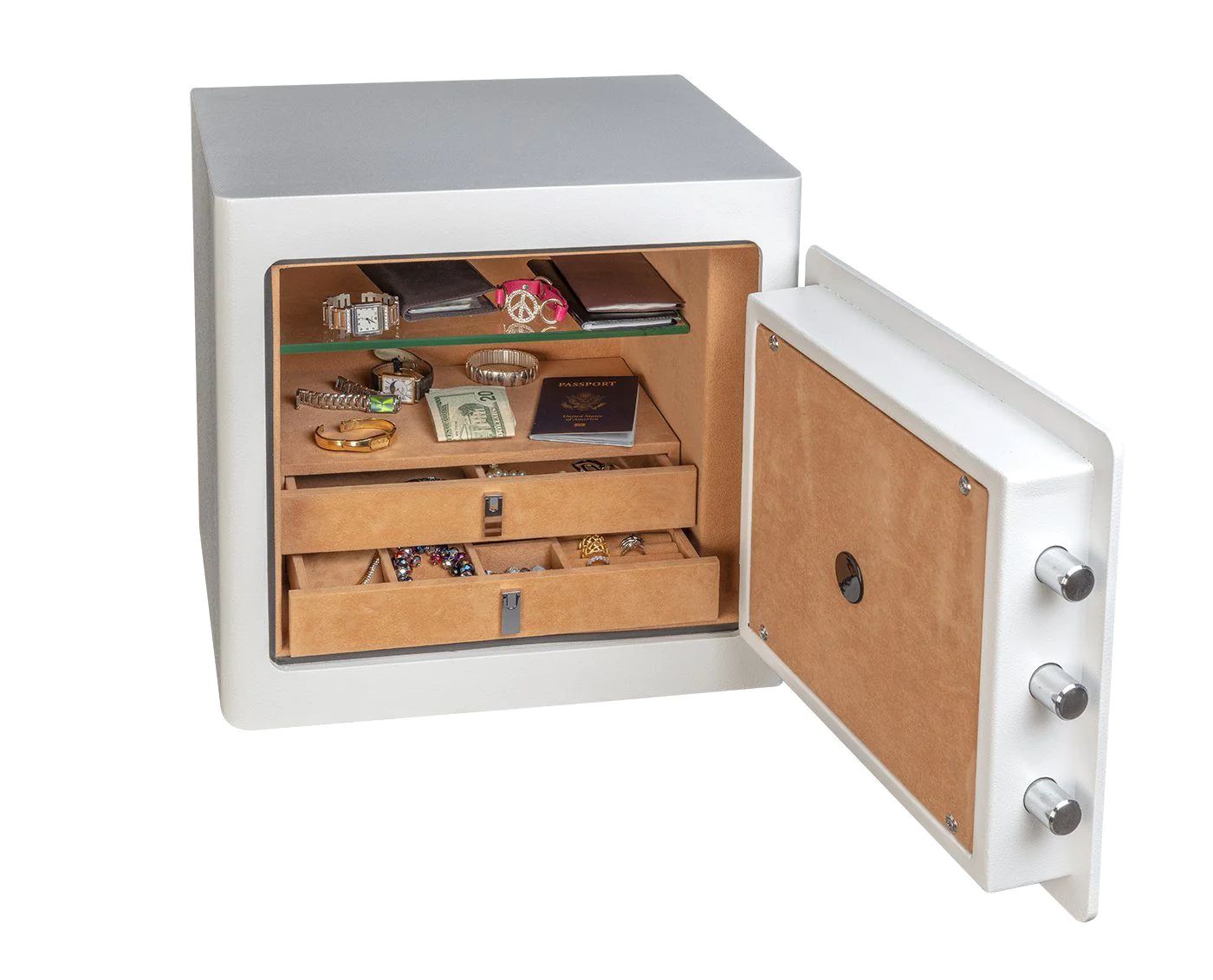



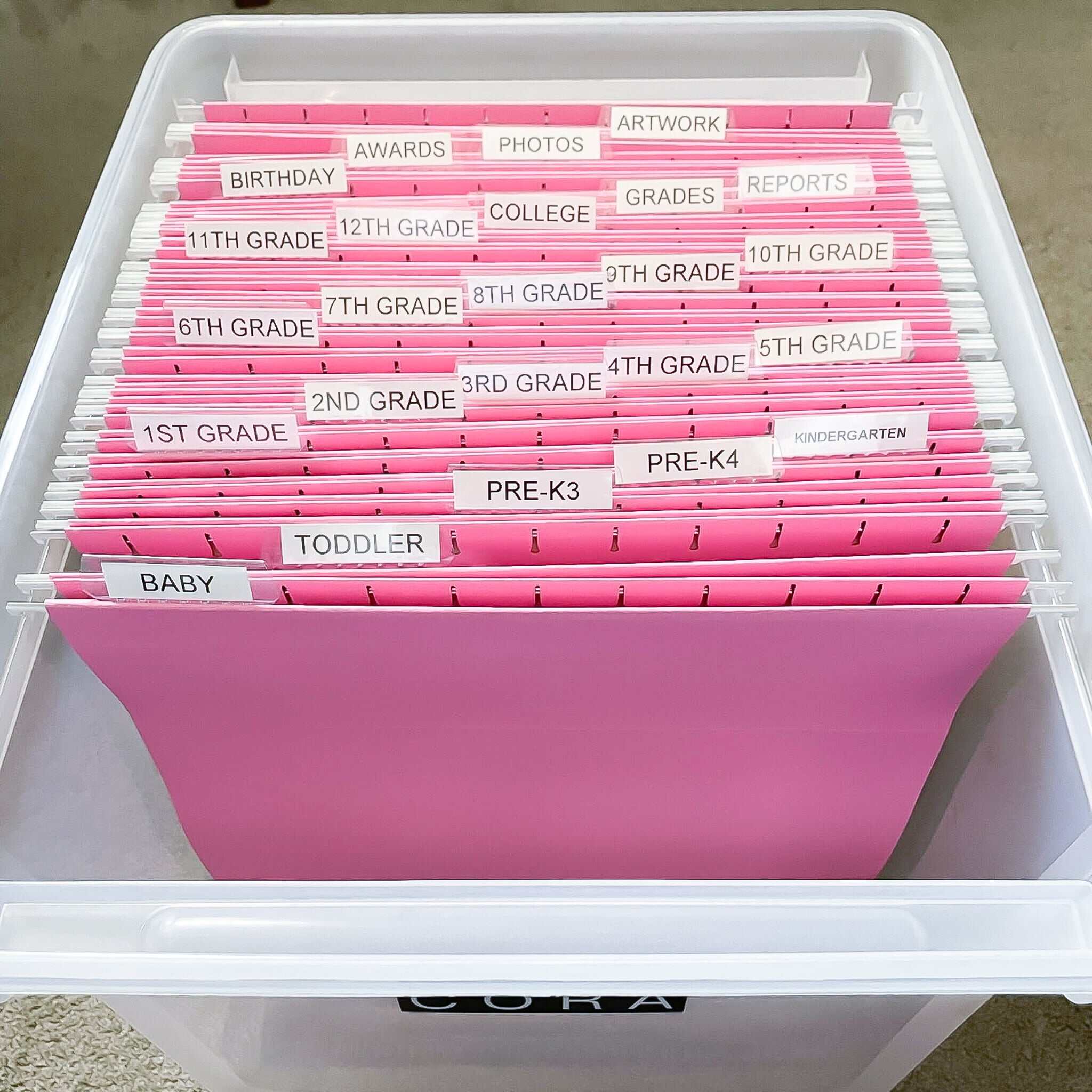


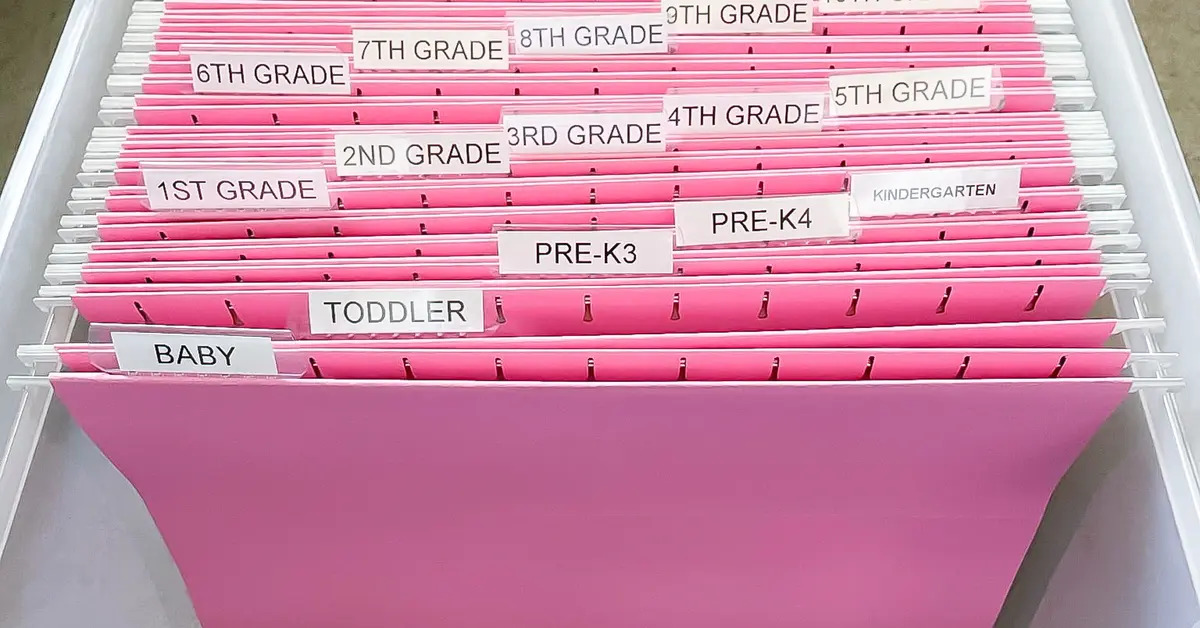
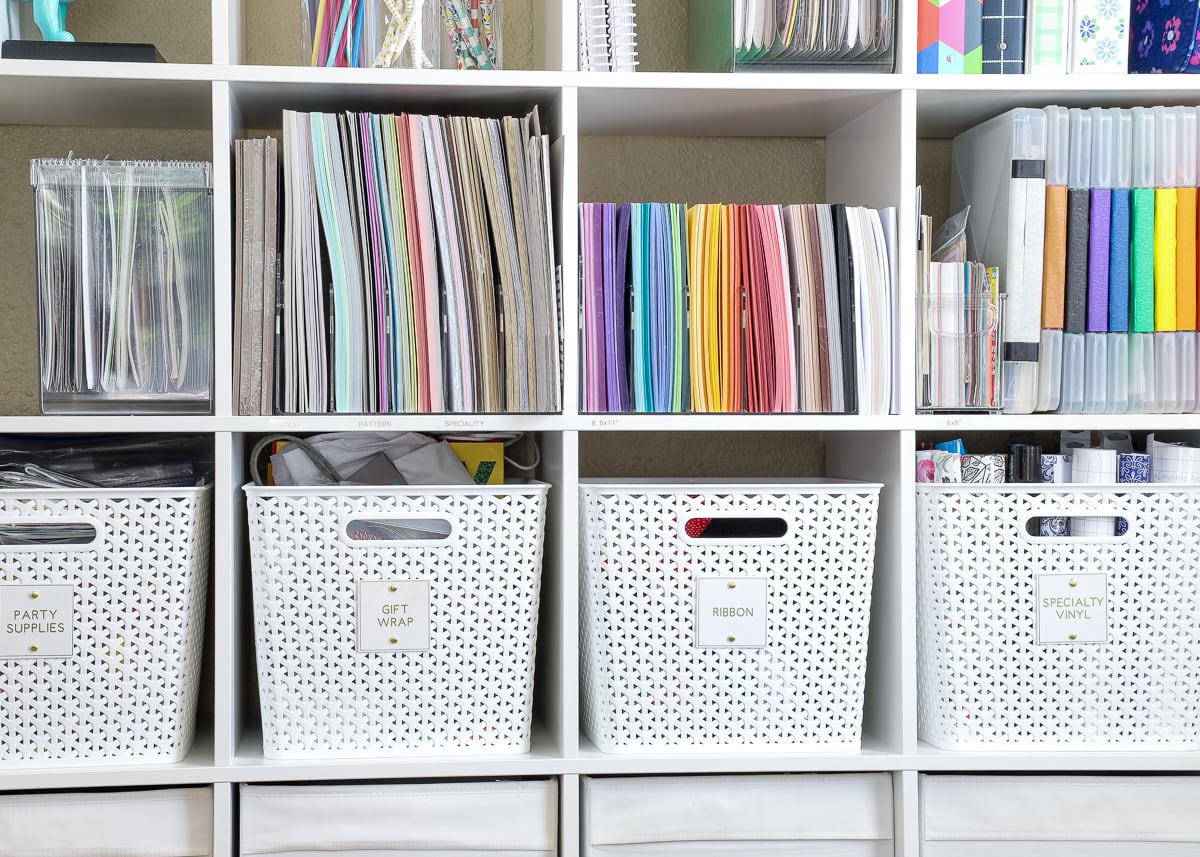

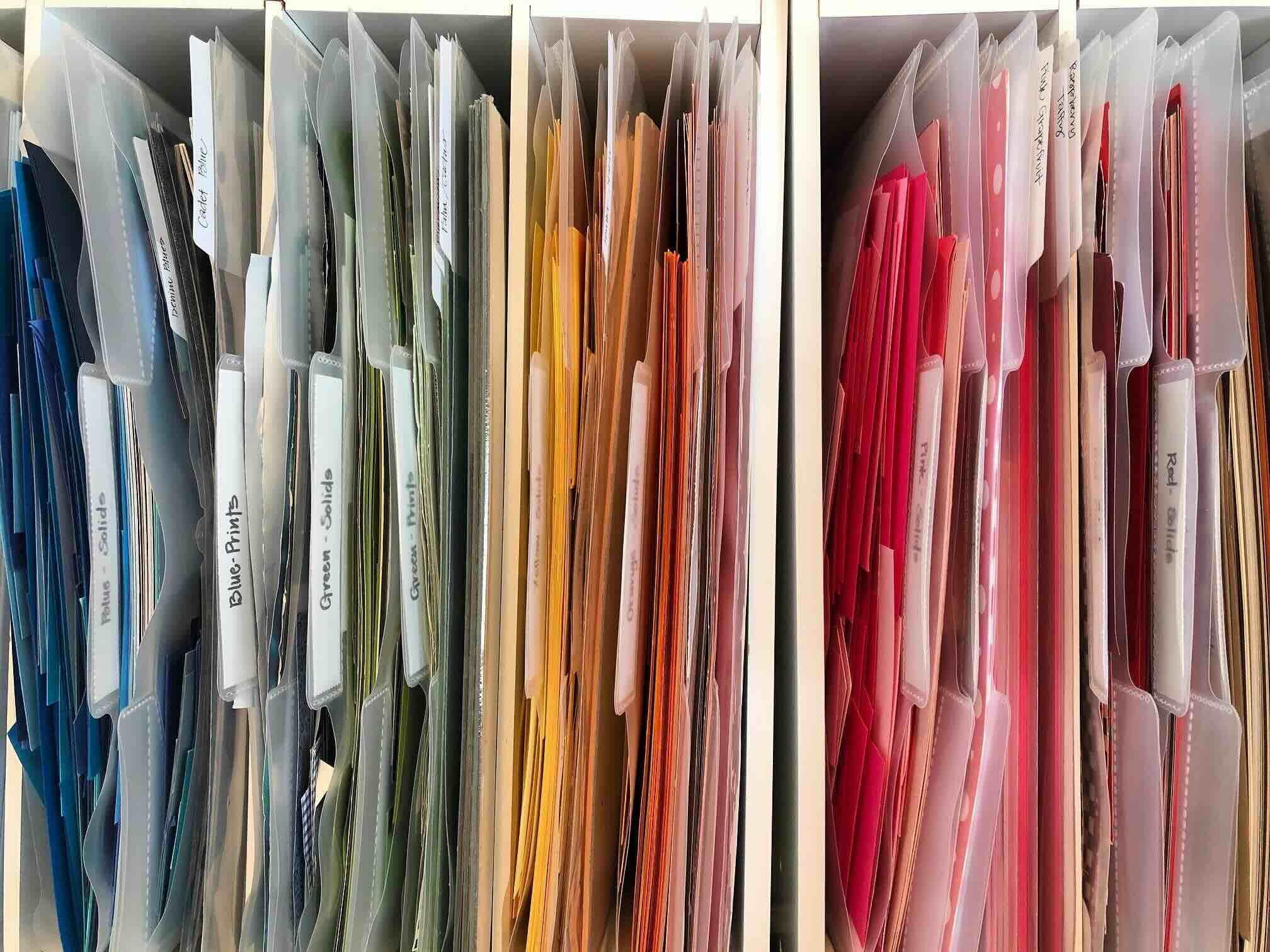

0 thoughts on “How To Store Passwords Safely On Paper”